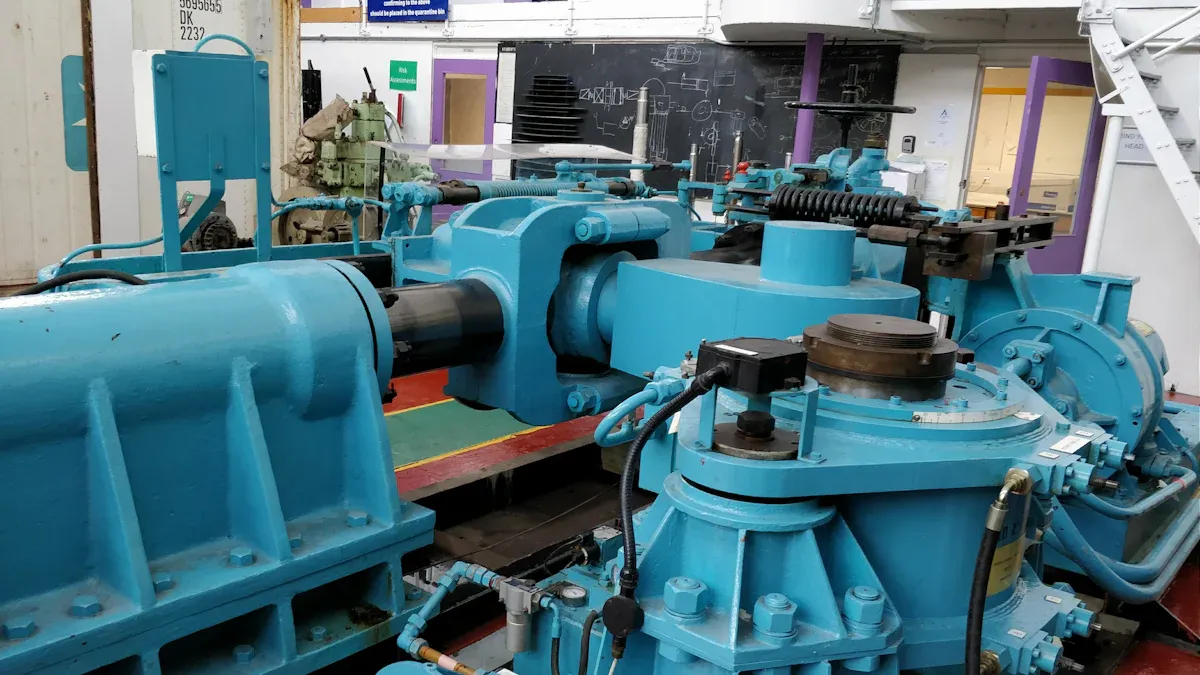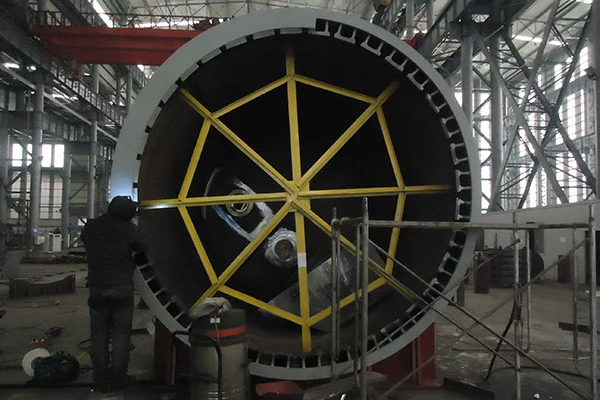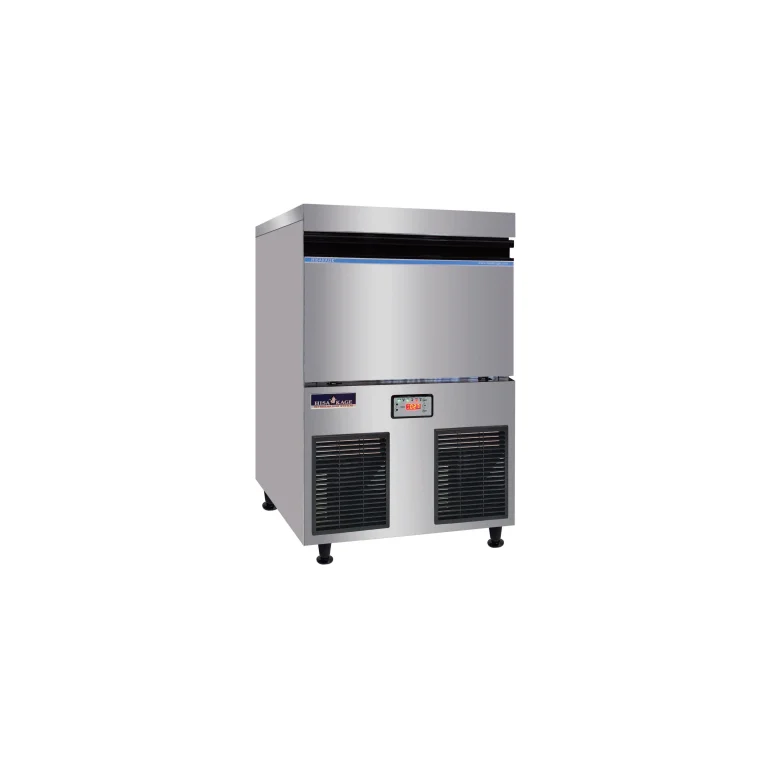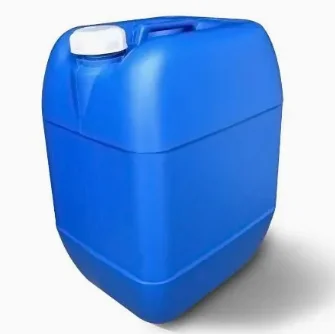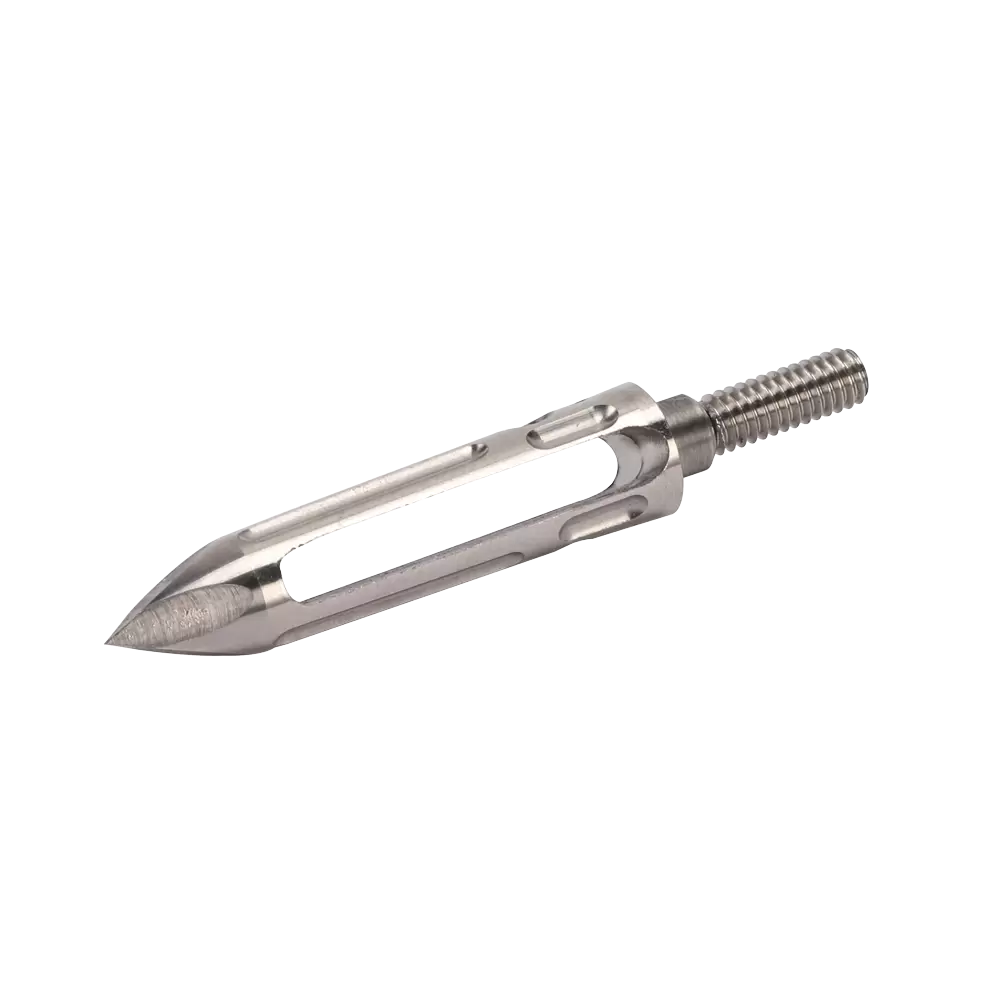In the realm of industrial processing, the indispensable role of vacuum drying ovens cannot be overstated. These cutting-edge ovens offer a robust solution for efficiently and precisely drying heat-sensitive materials in a controlled environment. From pharmaceuticals to food production, these high-performance machines have revolutionized various industries by significantly reducing drying times while maintaining product integrity. The evolution of vacuum drying ovens has been pivotal in enhancing productivity and quality across diverse sectors.
Understanding Vacuum Drying Technology
How Industrial Vacuum Drying Ovens Work
Industrial vacuum drying ovens operate by creating a low-pressure environment, which lowers the boiling point of water. This allows for efficient drying at lower temperatures, minimizing heat exposure to sensitive materials. The oven removes moisture from substances without causing thermal degradation or altering their chemical properties.
The process begins with placing the material inside the vacuum chamber and then reducing the pressure, causing water to evaporate at a lower temperature than in a standard oven. As the moisture evaporates, it is removed from the chamber using a vacuum pump. This method is particularly suitable for heat-sensitive materials like pharmaceuticals, food products, and electronic components.
Benefits of Industrial Vacuum Drying Ovens
One significant advantage of industrial vacuum drying ovens is that they enable gentle yet thorough removal of moisture from delicate materials. These ovens are often used in industries where precise control over temperature and pressure is crucial to maintain product integrity throughout the drying process.
Another benefit is their ability to significantly reduce processing time compared to conventional methods due to operating at lower temperatures. These ovens minimize oxidation and other chemical reactions that can occur during traditional high-temperature drying processes.
Moreover, industrial vacuum drying ovens offer versatility as they can handle various types of materials such as powders, granules, pastes, and liquid solutions without compromising quality or uniformity in results.
Applications of Industrial Vacuum Drying Ovens
These specialized ovens find application across diverse industries including pharmaceuticals for dehydrating sensitive drugs or vaccines; food processing for preserving flavor compounds in fruits and vegetables; electronics manufacturing for removing moisture from delicate circuitry components; and research laboratories for preparing samples under controlled conditions.
In research settings specifically, these ovens are utilized to dry biological samples like tissues or cultures while maintaining their structural integrity by preventing denaturation caused by excessive heat exposure.
Furthermore, industrial vacuum drying technology plays an essential role in advanced material production such as aerospace-grade composites where precise moisture removal ensures optimal material performance characteristics.
Key Benefits of Using Industrial Vacuum Drying Ovens
Efficient Drying
Industrial vacuum drying ovens offer efficient and rapid drying processes. The vacuum environment reduces the boiling point of water, allowing for faster moisture removal from materials. This results in shorter drying times compared to traditional methods, making it ideal for industries that require quick turnaround times.
The reduced boiling point also helps prevent thermal degradation of heat-sensitive materials. For instance, pharmaceutical companies can use vacuum drying ovens to dry delicate drugs without compromising their chemical integrity. This efficiency ensures high-quality end products while minimizing production time.
Uniform Drying
One significant benefit of using an industrial vacuum drying oven is its ability to achieve uniform drying throughout the material being processed. The vacuum environment eliminates air resistance and promotes even distribution of heat, ensuring consistent moisture removal across all surfaces and layers.
This uniformity is crucial for industries like food processing where uneven drying can lead to spoilage or loss of quality. By utilizing a vacuum oven, food manufacturers can ensure that products such as fruits, vegetables, or meat are dried evenly and thoroughly, extending their shelf life without sacrificing taste or texture.
Preservation of Product Quality
Industrial vacuum drying ovens help preserve the quality and characteristics of various materials during the drying process. Unlike conventional methods that expose materials to high temperatures which may alter their properties, a vacuum oven dries substances at lower temperatures under reduced pressure.
For example, in the aerospace industry, sensitive composite materials used in aircraft manufacturing must retain their strength and durability during the production process. Vacuum ovens allow these materials to be dried gently yet effectively without compromising their structural integrity or performance capabilities.
Versatile Applications
Another advantage of industrial vacuum drying ovens is their versatility across different industries and applications. These ovens are used in sectors such as pharmaceuticals, electronics manufacturing, biotechnology research labs, food processing plants among others due to their adaptability with various types of materials.
In pharmaceuticals manufacturing facilities they are utilized for removing solvents from medications; electronic manufacturers use them for moisture-sensitive components; biotech labs employ them for preserving biological samples; while food processors utilize them for dehydrating perishable goods like fruits or herbs.
Various Applications of Vacuum Drying Ovens in Industries
Pharmaceutical Industry
Industrial vacuum drying ovens play a crucial role in the pharmaceutical industry. They are used to dry delicate materials like antibiotics, vaccines, and other pharmaceutical products. The low-pressure environment prevents oxidation and degradation of heat-sensitive substances during the drying process. This ensures that the quality and efficacy of the pharmaceutical products remain intact.
The vacuum drying ovens also facilitate the removal of solvents from medicinal compounds without subjecting them to high temperatures. For example, when producing tablets or capsules, these ovens help remove moisture or solvents from granules without altering their chemical composition. This is vital for maintaining the stability and effectiveness of medications.
Food Processing
In food processing industries, industrial vacuum drying ovens are employed to preserve food items such as fruits, vegetables, meats, and dairy products while retaining their nutritional value. These ovens use low temperatures to dehydrate food products under reduced pressure conditions. By removing moisture at lower temperatures than traditional methods like air-drying or freeze-drying, they help maintain the color, flavor, texture, and essential nutrients of foods.
Vacuum drying also extends shelf life by preventing microbial growth due to lowered water activity in dried foods. For instance, fruits can be dried using this method to create snacks with prolonged storage life without compromising taste or nutrition content.
Electronics Manufacturing
In electronics manufacturing processes where sensitive components are involved, industrial vacuum drying ovens aid in eliminating moisture from electronic parts before assembly or packaging. Moisture can cause corrosion on circuit boards or damage delicate electronic components if not removed properly before production stages.
By utilizing a combination of heat and reduced pressure within a controlled environment provided by these ovens, electronic manufacturers ensure that their products meet high-quality standards by preventing issues related to humidity-induced defects during operation.
Materials Testing
Materials testing laboratories utilize industrial vacuum drying ovens for conducting various tests on materials such as plastics, rubber compounds, and ceramics. These specialized ovens enable researchers and engineers to determine material properties accurately by removing residual moisture from samples before testing. For instance, in plastic manufacturing, drying polymer samples is essential prior to analyzing mechanical properties like tensile strength or impact resistance.
How Vacuum Drying Ovens Enhance Product Quality
Efficient Moisture Removal
Industrial vacuum drying ovens are designed to efficiently remove moisture from substances, ensuring the preservation and enhancement of product quality. This process involves placing materials inside a vacuum chamber, where reduced pressure lowers the boiling point of water, allowing for faster evaporation. As a result, products are dried uniformly and thoroughly without exposing them to high temperatures that could compromise their integrity.
The low-pressure environment created by the industrial vacuum drying oven enables rapid moisture removal at lower temperatures than traditional methods. This gentle approach prevents thermal degradation or alteration of delicate materials such as pharmaceuticals, food products, or electronic components. For example, in pharmaceutical manufacturing, this technique is crucial for preserving the potency and stability of sensitive medications during production.
Preservation of Product Characteristics
One significant advantage offered by vacuum drying ovens is their ability to preserve the unique characteristics and properties of various materials throughout the drying process. By maintaining a controlled environment with reduced oxygen levels, these ovens prevent oxidation and degradation while removing moisture. This ensures that products retain their original color, flavor, texture, and chemical composition after undergoing the drying procedure.
In industries such as food processing and preservation, vacuum drying plays a vital role in maintaining nutritional value and sensory attributes in fruits, vegetables, herbs, spices, and other perishable goods.
Manager Pu
rto@rhssjx.com
